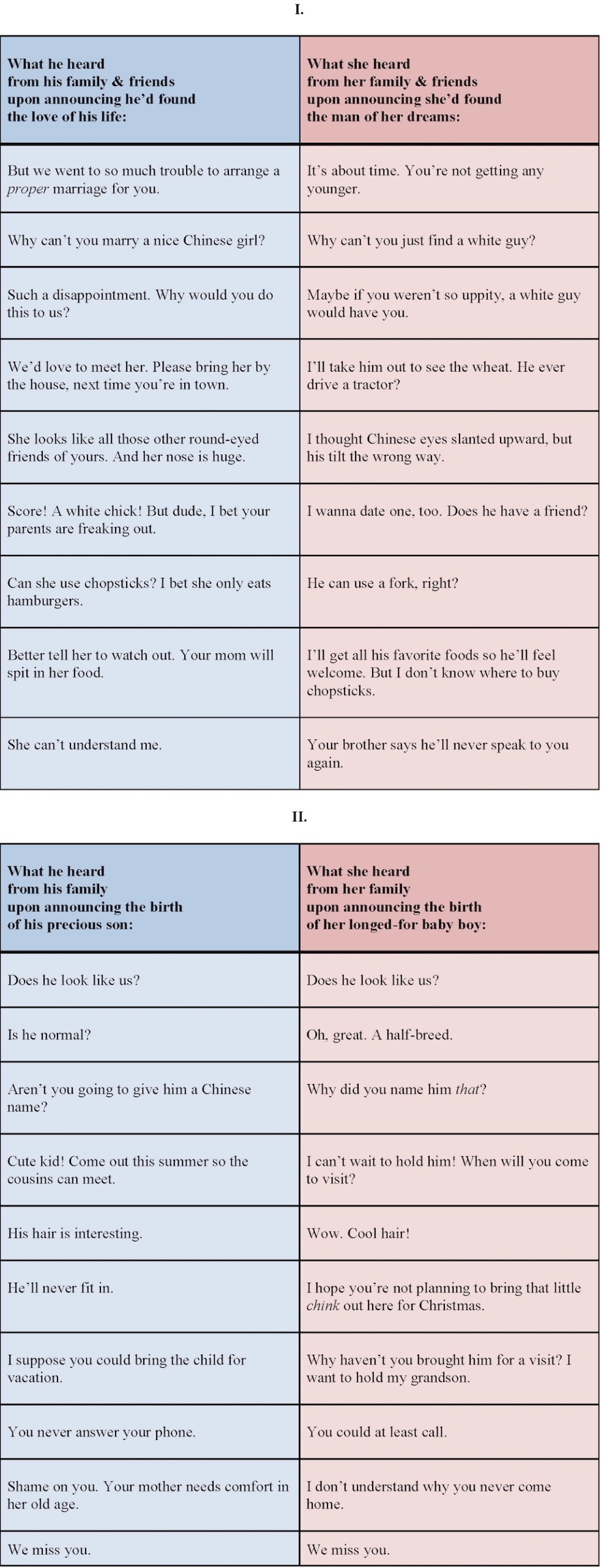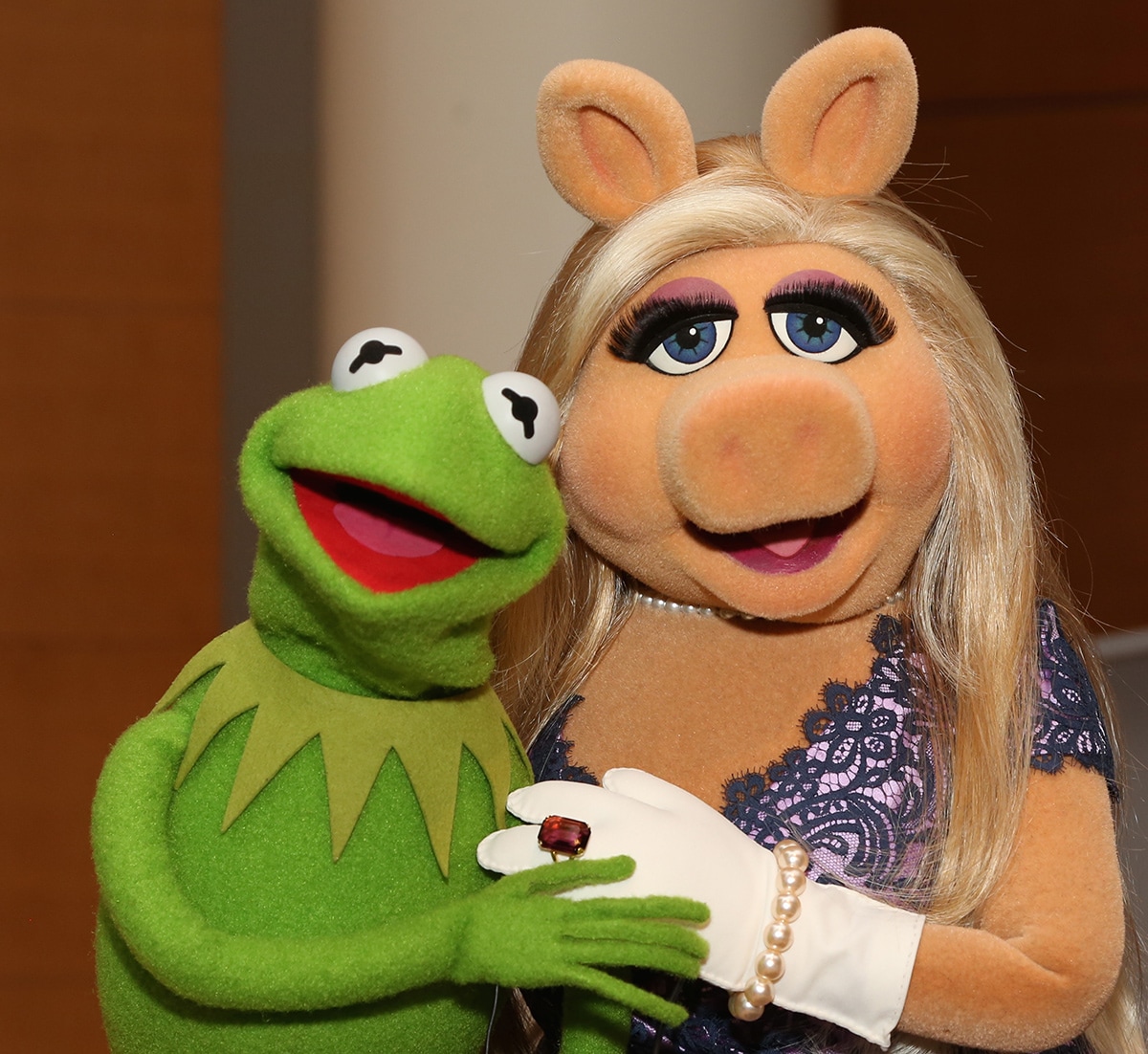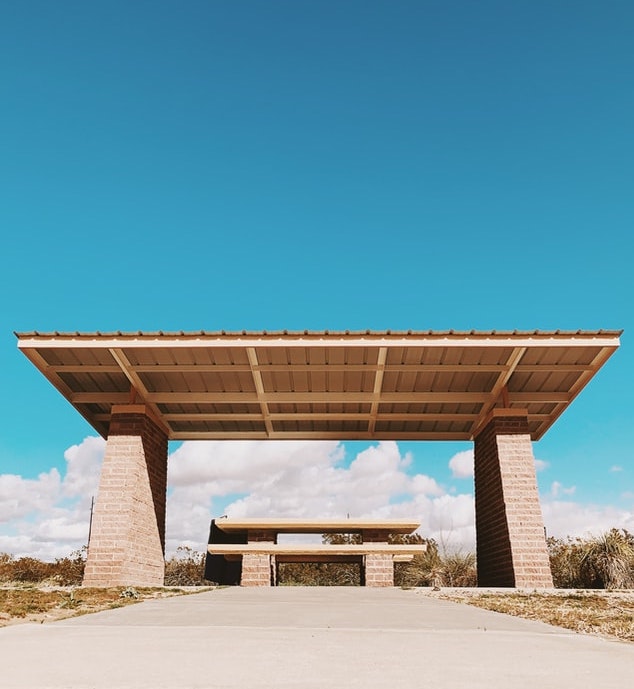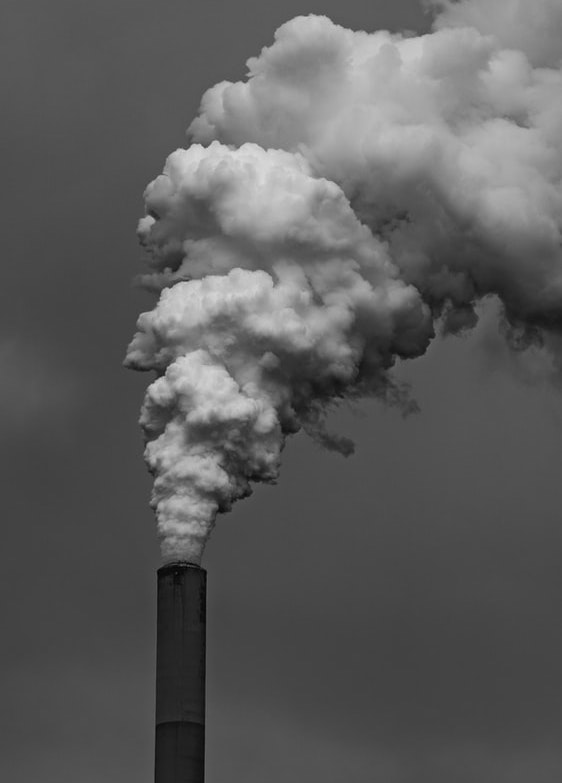The Right Hat
By Luke Walters
The little girl’s teal hat is what caught my eye. She and a woman were hugging the bottom of a gravel drainage ditch, hidden from sight—except to me, perched high in my rig.
I’d just passed dozens more like them sitting cross-legged along the highway next to green-striped border patrol trucks. Their hike across the desert from the Mexican border at an end.
Having headed the back way to Phoenix to avoid the zoomers and the Department of Public Safety, I’d left Tucson early to pick up a trailer of fresh chilis at a farm west of Casa Grande. With the sun rising behind me and miles of highway in front of me, I’d been sleep-driving 75-mph down I-8, a four-lane, flat-straight black-ribbon of asphalt cut through the rough Sonoran Desert. After skating on and off the white edge line for maybe twenty miles, I decided I wanted to live for another day, turned off, and wrestled my 18-wheeler into the parking lot of the rest stop—nothing more than paved-over desert with a half-dozen picnic tables. That’s when I spotted them.
Now, parked lengthwise in the empty lot, I scooted on over to the passenger’s side, pushed past my stack of crossword puzzle books, opened the door, and let my legs dangle out. A can of Monster in one hand and an unfiltered Camel in the other, I relaxed, taking in the monotone landscape. My old favorites, Waylon and Dolly, brought back too many memories and the regrets that came with them, so I listened now to Mozart.
The woman and the girl raised their heads to stare at me. I paid them no mind. After a quick jolt of caffeine and a hit of nicotine, I planned to be back on the road. The pair of fence jumpers weren’t any of my concern.
At least that’s what I thought, until the green-striped SUV of the border patrol passed through the lot.
After scanning the desert behind the picnic tables, the driver, a woman in an olive green uniform, stopped next to me and opened her window. She had the same burnt-brown skin and coal-black hair as the pair in the drainage ditch.
“Howdy, officer,” I said, shutting off the music. “Beautiful morning for catching beaners, ain’t it?”
Not answering, she gave me her cop smile while studying me. Too much Burger King and too many bottles of Bud showed on my face and my ass. Pretty, I wasn’t.
“Sir, is there anything you’d like to tell me?”
I blew out a smoke ring. “Yeah, there is.”
She watched me, tapping her steering wheel, as I crushed out my butt on the heel of my boot.
I raised my eyes to her.
The woman pulled the little girl close.
“Well, what is it?” the officer asked.
Taking off my Make America Great Again ball cap, I held it out, turning it for her to see. “Just got this. Looks nice, don’t it? Some big-smiling guy who wanted me to vote was passing them out at the garage. I liked my old John Deere better, but it was grungy—all sweat stained and greasy.”
Squaring my new red cap on my head, I said, “Not sure what it is, but somehow, there’s something about this one that just doesn’t feel right.”
The agent waited for me to say more. When I said nothing, she asked, “Is that all?”
“Yeah, that’s all.”
“Okay, sir,” she said, rolling her eyes like she’d been talking to someone simple, and she zipped out onto the highway.
I glanced toward the ditch. The little girl and woman smiled at me. Those were the first genuine smiles I’d gotten in ages. They lasted with me all the way to Phoenix, where I dropped them off.
Ed Radwanski, aka Luke Walters, resides in Arizona. His flash fiction has appeared in Yellow Mama, Mash Stories, Post Card Shorts, and in Envision – Future Fiction, an anthology by Kathy Steinemann, published on Amazon.
Photo by Ryan Riggins on Unsplash.





